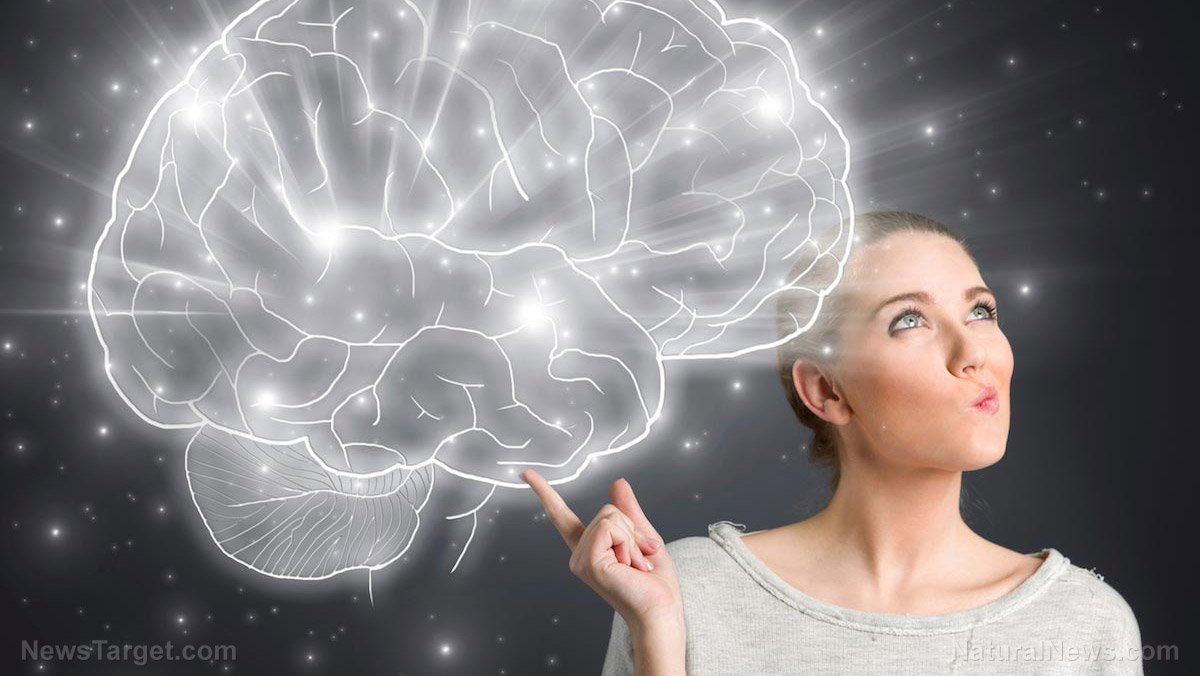Understanding observational learning: Why we are able to learn from other people’s mistakes
06/19/2018 / By Edsel Cook

Humans learn from mistakes – but those errors don’t have to be their own, an article in Science Daily states. The ability to learn from the experiences of other people is called observational learning.
A study from the Massachusetts Institute of Technology (MIT) has identified the unique brain circuit that enables this secondhand learning. The circuit is separate from the neural network that the brain uses to learn from firsthand experiences. Instead, observational learning is powered by the part of the brain that translates social cues.
Earlier studies involving human brain scanning have shown that the anterior cingulate cortex (ACC) and basolateral amygdala (BLA) are very active whenever humans are learning from other people’s episodes. The ACC is known to interpret social information, while the BLA handles emotions. However, these were unable to determine the exact interaction between these two parts of the brain during the process of observational learning. (Related: Teachers, take it outside: Study shows student motivation and participation improves outdoors.)
Observer mice learn from watching other mice’s experiences
The MIT team constructed an animal model where mice watched another specimen get electric shocks. Each shock was signaled by a very recognizable cue, either a sound or a light.
The mice that received the shocks quickly learned to associate them with the cue. They would freeze in fear whenever they encountered that cue, even if no shocks resulted.
Furthermore, the researchers reported that the mice that observed the session would also freeze in fright when they were subjected to the cue the day after. They learned from the experience of the mice receiving the shocks.
The researchers investigated the specific activity in the ACC and BLA while the observer mice were learning. They first recorded electrical activity in those regions during the fear conditioning.
Next, MIT study author Chia-Jung Chang used neural trajectory analysis to determine the change in the firing rate of neurons while the brain learned a new behavior. Chang reported that activity in the ACC spikes as the observers watched the electric shock.
The ACC sends its feedback on the information to the BLA, which uses the data to connect the cue and the electric shock.
“The anterior cingulate is transmitting that there is important information to extract from the demonstrator,” said associate professor Kay Tye, who teaches brain and cognitive sciences at the MIT. “It’s translating socially derived information and sending it to the BLA to assign predictive value there.”
Blocking brain circuit prevents mice from learning via observation
The MIT researchers tracked down the neurons in the ACC that passed the data to their BLA counterparts. They blocked those connections in mice that were watching the fear conditioning. Doing so prevented the observer mice from learning to fear the cue.
When they blocked the same ACC-to-BLA connection in the electrocuted mice, the observer mice were still able to learn from the example. It showed that the ACC-to-BLA circuit is dedicated to observational learning.
“If the animal is having the experience subjectively, it doesn’t have to extract information from another animal,” concluded Tye. “That’s what allowed us to conclude that the anterior cingulate is providing socially derived information.”
As mentioned earlier, the ACC also handles general social behavior. One example is an aggressive mouse bullying a harmless younger mouse. An observer mouse with a blocked ACC-to-BLA circuit will not learn to fear the bully.
Tye expressed her interest in finding out if the ACC-to-BLA circuit is involved when mice learn from different kinds of experiences. For example, she wants to know if the brain circuit is active when the observer mouse watches another animal get a reward for solving a problem.
Find out how your brain learns from experiences and observations at Brain.news.
Sources include:
Tagged Under: Brain, brain activity, brain circuits, brain function, experiences, learning behavior, mind body science, observational learning, research, science
RECENT NEWS & ARTICLES
COPYRIGHT © 2017 BRAIN NEWS


















